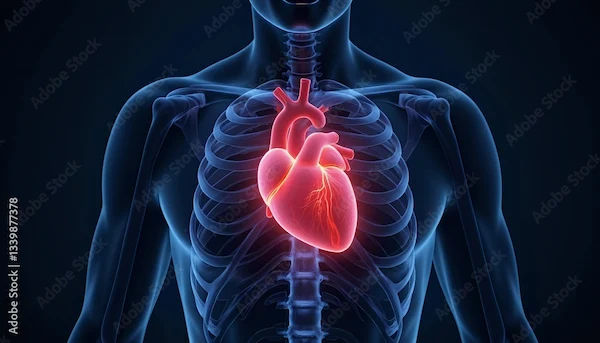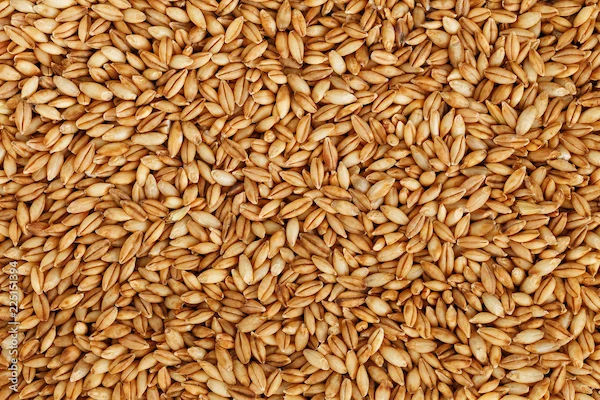Breathing Techniques to Alleviate Anxiety
Discover powerful breathing techniques like 4-7-8, box breathing, and diaphragmatic breathing to quickly alleviate anxiety. Learn how conscious breathwork can calm your nervous system and promote inner peace.

Written by Dr. Mohammed Kamran
Reviewed by Dr. Dhankecha Mayank Dineshbhai MBBS
Last updated on 31st Oct, 2025

Introduction
Anxiety is a common experience that many of us face in our daily lives. Whether it’s due to work stress, personal challenges, or unexpected situations, anxiety can leave us feeling overwhelmed and exhausted. While professional help is essential for chronic anxiety, simple breathing techniques can provide immediate relief and help you regain control.
In this article, we’ll explore easy and effective breathing exercises that can calm your mind, reduce stress, and improve your overall wellbeing.
Understanding Anxiety and How Breathing Helps
Anxiety triggers the body’s "fight or flight" response, leading to rapid breathing, increased heart rate, and muscle tension. Deep, controlled breathing counteracts this by activating the body’s relaxation response. It slows your heart rate, lowers blood pressure, and helps you feel more centered.
By practicing mindful breathing, you can:
Reduce stress hormones like cortisol
Improve oxygen flow to the brain
Enhance focus and clarity
Promote a sense of calm
Now, let’s look at some simple yet powerful breathing techniques.
1. Diaphragmatic Breathing (Belly Breathing)
How it helps: This technique engages the diaphragm, encouraging full oxygen exchange and reducing shallow, anxious breathing.
How to do it:
1. Sit or lie down comfortably, placing one hand on your chest and the other on your belly.
2. Inhale deeply through your nose, letting your belly rise (your chest should stay still).
3. Exhale slowly through pursed lips, feeling your belly fall.
4. Repeat for 510 minutes.
Best for: Instant relaxation, especially before stressful events.
2. 4-7-8 Breathing (Relaxing Breath)
How it helps: This method slows down breathing, calming the nervous system and easing anxiety.
How to do it:
1. Sit with a straight back and close your eyes.
2. Inhale quietly through your nose for 4 seconds.
3. Hold your breath for 7 seconds.
4. Exhale completely through your mouth for 8 seconds.
5. Repeat 45 times.
Best for: Falling asleep, managing panic attacks, or reducing tension.
3. Box Breathing (Square Breathing)
How it helps: Used by athletes and military personnel, this technique enhances focus and reduces stress.
How to do it:
1. Inhale deeply through your nose for 4 seconds.
2. Hold your breath for 4 seconds.
3. Exhale slowly for 4 seconds.
4. Hold your breath again for 4 seconds.
5. Repeat for 3-5 rounds.
Best for: Improving concentration and managing acute stress.
4. Alternate Nostril Breathing (Nadi Shodhana)
How it helps: A yogic technique that balances the mind and reduces anxiety.
How to do it:
1. Sit comfortably and place your right thumb over your right nostril.
2. Inhale deeply through the left nostril.
3. Close the left nostril with your ring finger and exhale through the right.
4. Inhale through the right nostril, then switch and exhale through the left.
5. Repeat for 5-10 cycles.
Best for: Emotional balance and mental clarity.
5. Lion’s Breath (Simhasana Pranayama)
How it helps: Releases tension in the face and chest, relieving stress.
How to do it:
1. Sit in a comfortable position, take a deep breath in through your nose.
2. Open your mouth wide, stick out your tongue, and exhale with a "ha" sound.
3. Repeat 35 times.
Best for: Releasing pent-up frustration or anxiety.
Tips for Better Results
Tips for better results include:
Practice daily: Even 5 minutes a day can make a difference.
Combine with mindfulness: Focus on the breath to stay present.
Find a quiet space: Minimize distractions for deeper relaxation.
Listen to your body: If any technique feels uncomfortable, stop and try another.
Consult a Top Psychologist
When to Seek Professional Help?
While breathing exercises help manage mild anxiety, persistent or severe anxiety may require professional support. If you experience:
Constant worry
Panic attacks
Sleep disturbances
Physical symptoms like chest pain or dizziness
Consider speaking to a mental health professional. Apollo 24|7 offers expert consultations—you can book a session easily from home.
Final Thoughts
Breathing techniques are a simple yet powerful tool to combat anxiety. By practicing them regularly, you can train your body to respond to stress more calmly. Start with one technique that feels comfortable and gradually explore others. Remember, small steps lead to big changes in mental well being.
If anxiety feels overwhelming, don’t hesitate to reach out for help. You’re not alone—support is just a call or click away.
Consult a Top Psychologist
Consult a Top Psychologist

Miss. Vaishnavi Sankeshwar
Psychologist
5 Years • Msc Clinical Psychology
Bengaluru
Apollo Clinic, JP nagar, Bengaluru

Ms. Monalisa Kha Bhaduri
Psychologist
12 Years • MA Psychology
Kolkata
Ms Monalisa Kha Bhaduri's Clinic, Kolkata
(225+ Patients)

Ms. Gunjan Arya
Psychologist
4 Years • MA Psychology
Delhi
Psych Therapy By Gunjan Arya, Delhi

Ms. Meenu Sharma
Psychologist
11 Years • PhD (Applied Psychology), MA (Applied Psychology),PG Diploma in Rehabilitation Psychology
Noida
Dr Meenu Sharma Clinic, Noida
(75+ Patients)

Ms. Sapna Zarwal
Psychologist
20 Years • Msc (Applied Psychology), Ph D ( Special Education)
Gurugram
SOOTHING ZEN, Gurugram
(25+ Patients)


.jpg)

